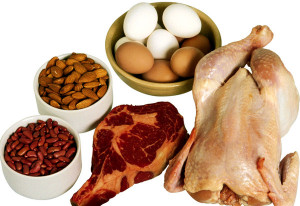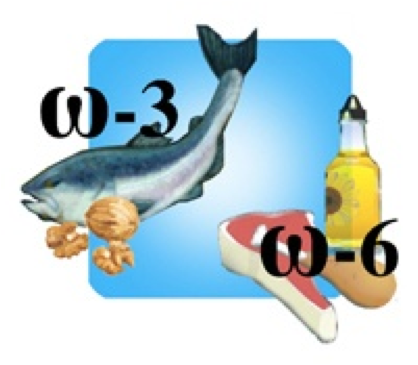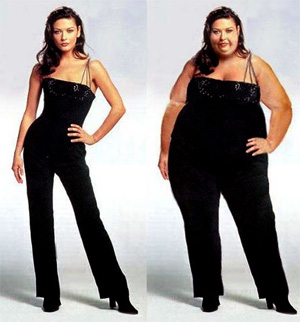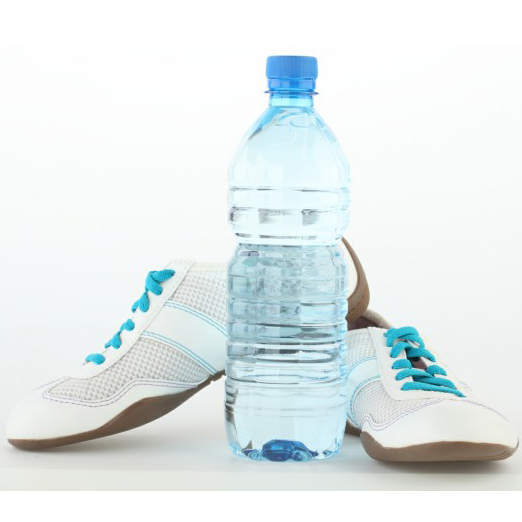Saturated or unhealthy fats in foods. Does the body need saturated fatty acids?
Author: Ola Thomas | Category: Fitness, Food Facts
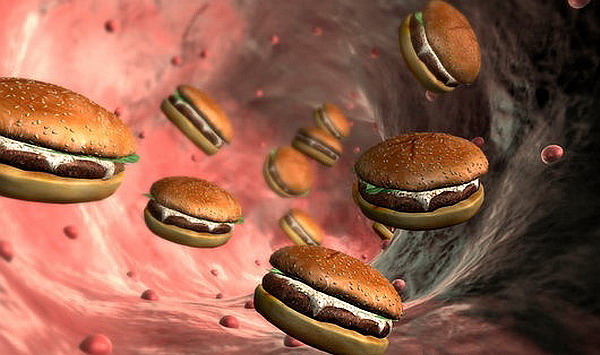
In this article, we will find out why our bodies cannot function correctly without fats. Also, talk about saturated and unsaturated acids? And what is their difference? However, we will dwell on saturated fats in more detail. First, let’s talk about the structure. (more…)
29 Apr 2020
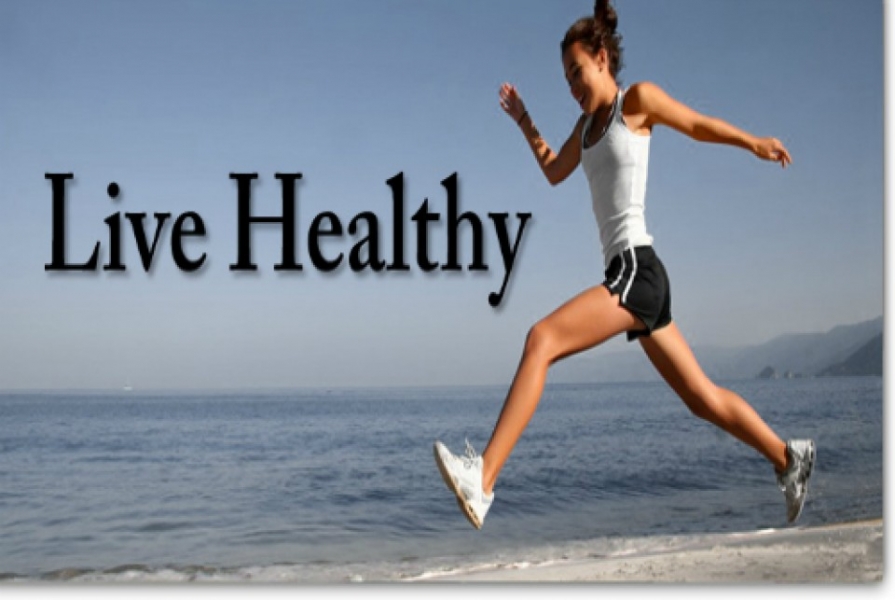



 Many adults suffer from various addictions in nutrition, some of these addictions adversely affect our health, some more, others less.
Many adults suffer from various addictions in nutrition, some of these addictions adversely affect our health, some more, others less. 